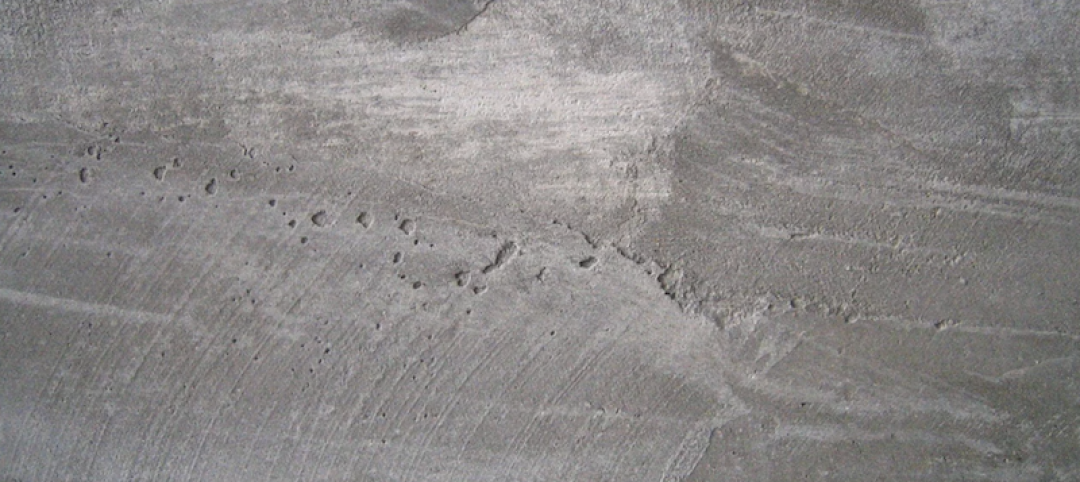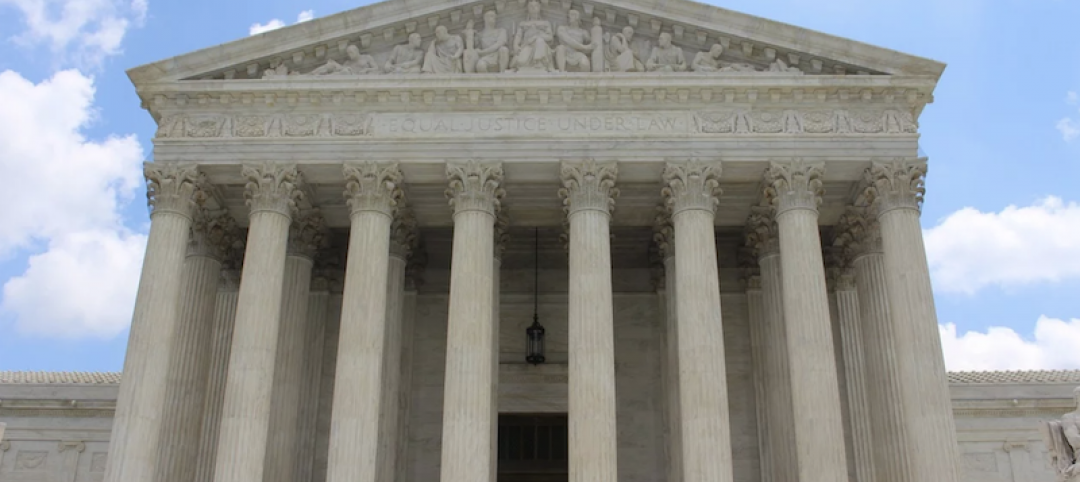The Washington D.C. Council recently passed legislation that will make it more expensive for owners to hold vacant or blighted property.
The Vacant Property Enforcement Act of 2016 reduces the maximum amount of time a vacant property can qualify for an exemption from higher vacancy tax rates. It also closes a loophole that allows continuous renewal of construction permits to qualify for tax exemptions, and require owners of vacant properties to prove they are no longer subject to the higher tax rates.
"The District has a substantial number of vacant properties, many of which are poorly maintained,” the bill report says. "Property owners may keep their properties vacant or fail to maintain them because they expect property values to rise over time. Poorly maintained and vacant properties can damage surrounding communities by being eyesores, by serving a venue for drug use and by providing a home for rodents or other animals. The net effect is to reduce the feeling of a cohesive community and depress surrounding property values."
The legislation reduces the time an owner can claim an exemption from higher taxes because of construction to one year for residential properties and to two years for commercial properties. Fines for failing to comply with city property regulations will rise from $1,000 to $5,000.
Related Stories
Codes and Standards | Mar 6, 2020
Design firms creating plans to re-imagine D.C.’s tidal basin
Area including National Mall is facing increased flood risk.
Codes and Standards | Mar 5, 2020
France to mandate all new public buildings be 50% timber or other natural materials
Measure would go into effect by 2022.
Codes and Standards | Mar 4, 2020
American Concrete Institute and Precast/Prestressed Concrete Institute expand partnership
Will collaborate on new code requirements.
Codes and Standards | Mar 3, 2020
Wallcoverings industry releases product scorecards concerning sustainability
Tool adds more transparency to certification.
Codes and Standards | Feb 28, 2020
Bay Area communities struggle with what to do about rising sea level
Policies include sea walls, levies, and relocation.
Codes and Standards | Feb 27, 2020
Cell phones present a safety hazard at job sites
Use of ear buds, headphones banned by some contractors.
Codes and Standards | Feb 26, 2020
American Concrete Institute releases 2020 codes, specifications, and practices
ACI Collection features guidance on structural concrete construction and rehabilitation.
Codes and Standards | Feb 25, 2020
New ISO standard for optimizing building use and reusing and recycling components released
Aim is to realize full potential value of a building throughout its life cycle.
Codes and Standards | Feb 21, 2020
Architects push back on proposed uniform design mandate for federal architecture
AIA speaks out against measure.
Codes and Standards | Feb 20, 2020
City-owned buildings to go carbon-free in Los Angeles
Mayor commits to goal for new and extensively renovated structures.

















